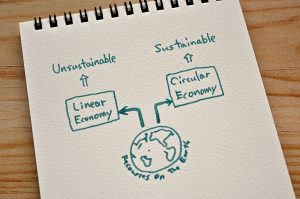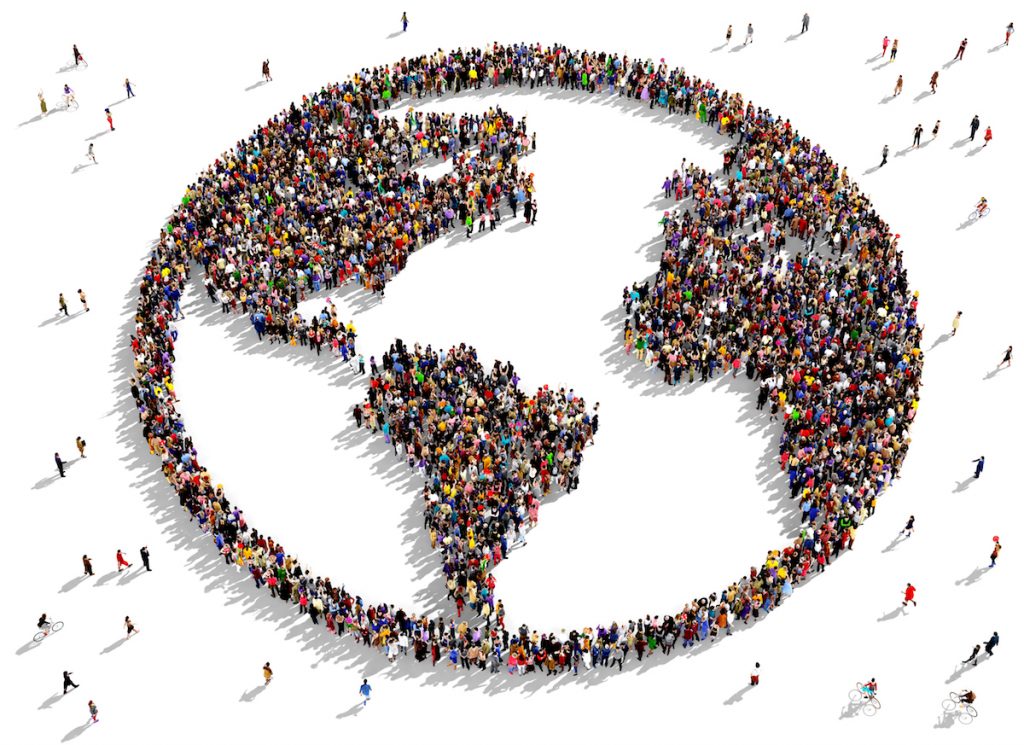We Must Engage All Stakeholders
We believe we can only end plastic pollution by collaborative initiatives towards a circular approach to production and consumption, mandated by law, and supported by government initiatives and local communities.

In our fight to end plastic pollution, we recognize the importance of engaging in communication with all – from citizens of remote islands to the multinational corporations. We believe that global success is achieved through collaborative initiatives dependent on two-way communication where both “expert” and “lay” perspectives can learn from each other.
This collaboration leads to healthier communities, which are our families, businesses, neighborhoods, cities, countries, and our one shared world. Each community faces challenges unique to them because of their own political, cultural and economic structure. Working with people who have different experiences and areas of expertise results in better ideas and outcomes to help us generate bottom-up input for initiatives like the Ocean Plastics Charter. Through our collaborative initiatives with local communities, we continue to witness the benefits of aligning top-down collaborative efforts with local community bottom-up efforts.

We’re one global community and together we can create solutions.
We understand there is no one easy solution to end plastic pollution. The problem with the issue is that it lies in our complex cultural and economic systems of production and consumption, as well as in our increasingly distant relationship with nature.
We believe the solutions live in producing and consuming with little to no negative impact on the environment or on human health in the following three ways:
- We push for short-term solutions that slow the harmful impacts of today’s modes of production, distribution, and consumption.
- We advocate for top-down approaches to incentivize circularity among producers and consumers.
- We support bottom-up approaches that engage and motivate local communities to influence policies and habits needed for large-scale impact.
Can corporations do better? Yes. Can we individually do better? Yes. Can governments support collaborative and circularity efforts better? Yes. We can all do better but to achieve positive global change, we need to continue to drive collaborative communication and actions together.
The recognition and engagement of all stakeholders in the plastic value chain is the systemic shift in thinking needed to end plastic pollution. It’s a key element found in the Ocean Plastics Charter, Chilean Plastics Pact and Portuguese Plastics Pact, which is why we support them and why we will continue to evaluate and consider membership in similar organizations in near future.

Trackback: sbobet เว็บ แทงบอลออนไลน์ ที่ดีที่สุด ในปี 2024
Trackback: AMBKING
Trackback: cartel oil company
Trackback: PGSLOT DEMO เล่นฟรี24h
Trackback: bobs-seo.com/las-vegas/
Trackback: โคมไฟ
Trackback: กติกาไฮโลไทย
Trackback: ไก่ตัน
Trackback: cam tokens
Trackback: เว็บสล็อต แจ็คพอตแตกง่าย เดิมพันได้กำไรทุกเวลา
Trackback: mostbet apps